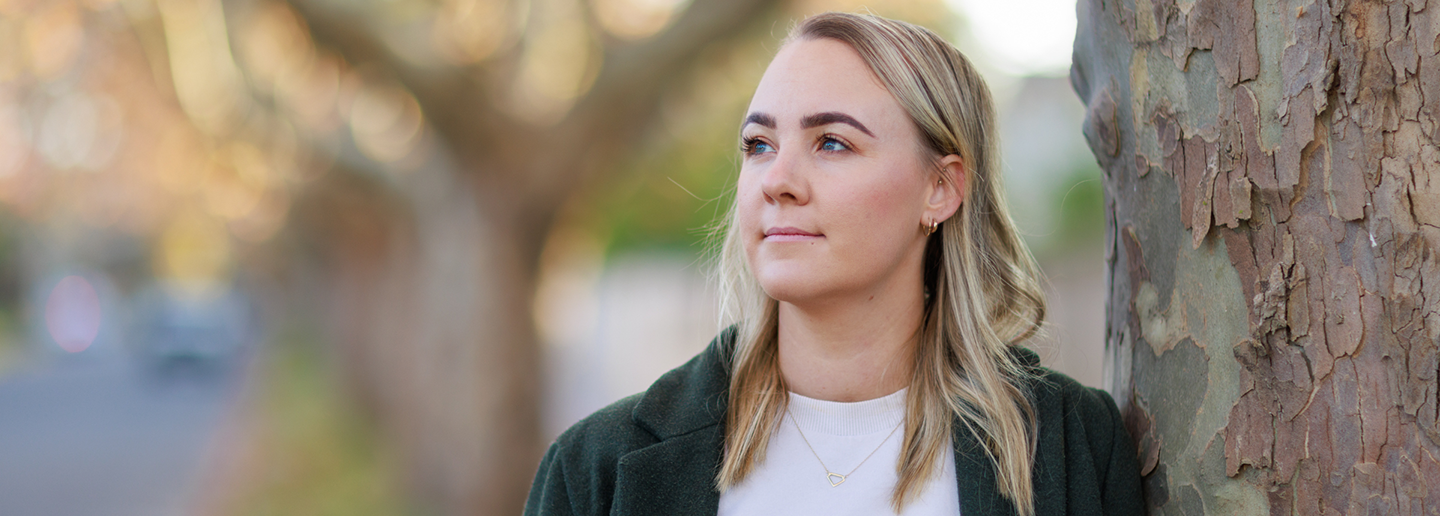About the types of depression
Everyone experiences depression differently. However, there are different types of depression that have particular symptoms. They may also appear at different times. For example, postnatal depression appears around childbirth, while seasonal affective disorder appears during winter.
Some are talked about more often than others. You might have heard of clinical depression and bipolar. Types such as cyclothymic disorder and dysthymic disorder aren’t mentioned as often.
Sometimes we use different names for the same type of depression. For example, clinical depression is also called major depressive disorder.
Major depression
Also known as: clinical depression, depression, unipolar depression.
Major depression is when you feel sad, down or miserable most of the time. You might also lose interest in things you usually enjoy.
Types of major depression include melancholia, psychotic and antenatal or postnatal. You may be diagnosed with mild, moderate or severe depression.
Your mental health professional may diagnose you with depression if these symptoms:
happen most days
last for at least two weeks
impact on many areas of your life, including work and social relationships.
Melancholia
Melancholia is severe depression which often has physical symptoms. You might:
move more slowly
feel sad, down or miserable
be completely unable to enjoy anything.







